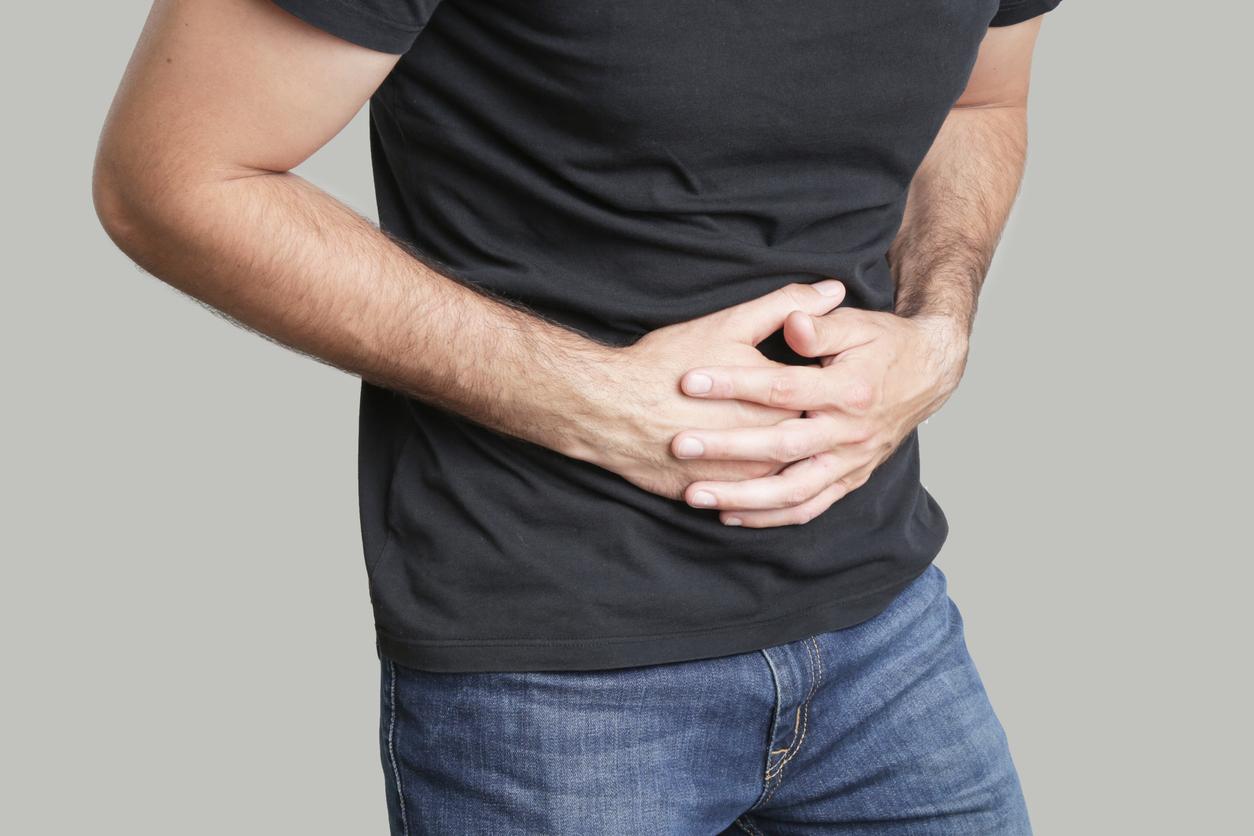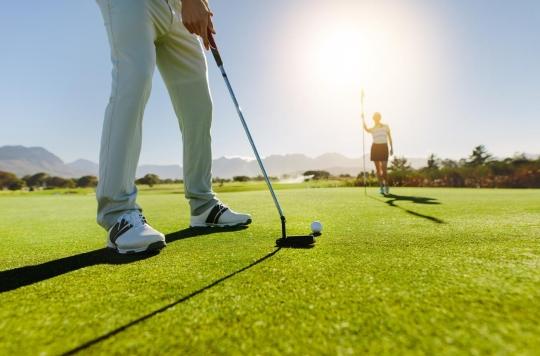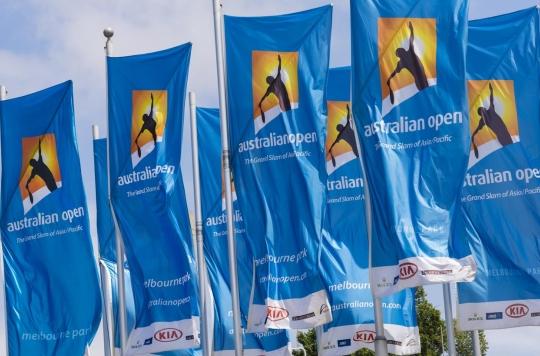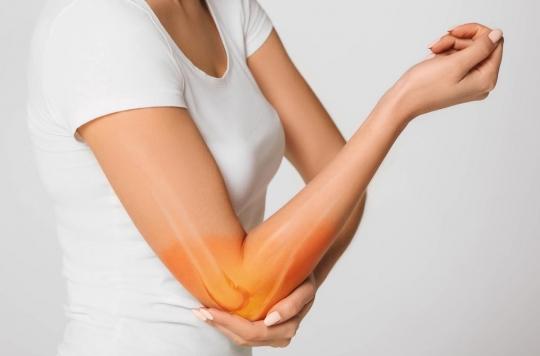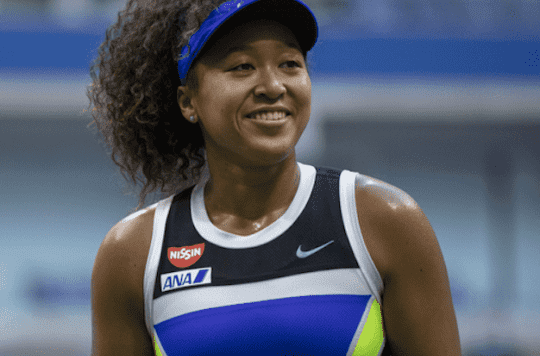
I play wheelchair tennis and have had tennis elbow for several weeks (due to an overload: tournament and intense training the day after). I try to stretch daily and work with ice. A question: if I just start balling at a good pace, it hurts less at the time of balling (but it’s still there), the hours afterwards I feel the pain again.
Does that pain mean that I loosen my arm due to the ‘movement’ (not the same muscles as with tennis and tennis elbow), so that the pain comes through more or does it mean that I better not start bulging until the pain disappears completely? In other words, is it better that I now and then bend over or should I just not do any movement with my arms?
Kathryn
Mark Chen, physiotherapist
Hi Kathryn,
I am not familiar with the term ‘bulbs’ but for the sake of simplicity I will assume that it is a sports related activity.
The ‘loosening’ of the muscles so that the pain comes through does not seem to me to be a good explanation of the mechanism. If the muscles were released during sports, it would not be good for the joints they have to support! The term ‘loosening’ has more to do with a subjective feeling that occurs during sports or massage, for example. Usually this has more to do with an increase in blood circulation or with a relaxation reflex that is centrally controlled than a real mechanical change in the tissue.
Your second explanation seems a lot more plausible to me. Earlier in the question you indicated that an overload has occurred. Depending on the severity and rest you have taken, it may take a while for the tissue to heal and ready for the same load. Stretching and resting can be a good support for this, but keep in mind, these do not or hardly influence the actual recovery process. Ultimately, decongesting and slowly exposing the tissue to controlled exercise is the way to step back into your sport.
Until then, the cliché is true: listen to your body. In my opinion, the signals you get indicate that you are doing too much.
Give yourself enough rest!
Do you also have a question? Then ask one of our experts. Always go to your doctor with urgent questions, the experts are not the right person for that. They also do not diagnose. You can find the other conditions here.
Mark Chen is a physiotherapist and NASM trained personal trainer. Since August 2014 he has been working in Phnom Penh, Cambodia. His expertise lies in analyzing and optimizing movement patterns. Dry needling and medical taping are an important part of his vision and training predominates.








